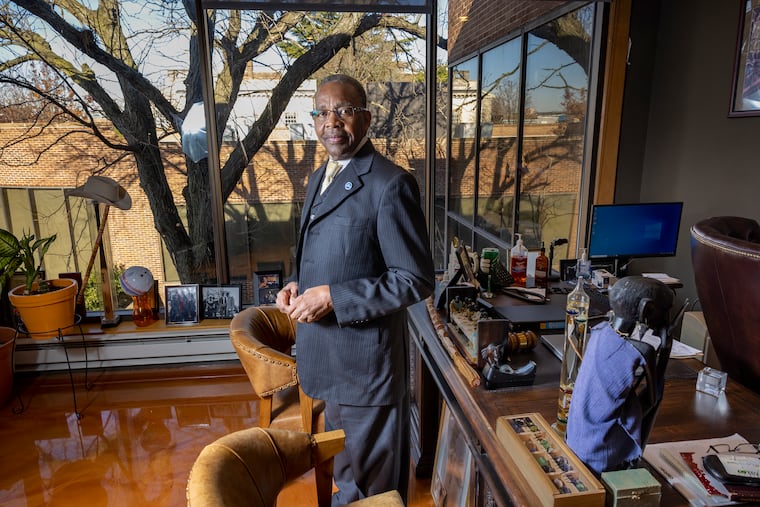Judge in Chester’s bankruptcy case calls the city government ‘dysfunctional’ and authorizes changes
A judge said some city officials have been "intentionally turning their backs on wrongdoing."

Citing evidence that the administration is “internally dysfunctional” and rife with “widespread nepotism,” a state judge in Chester’s rare bankruptcy case on Tuesday called for “major changes” in the way the financially distressed city is governed.
In a sharply worded 45-page ruling, Commonwealth Court Judge Ellen Ceisler described “a pattern of city officials’ taking care of their own and intentionally turning their backs on wrongdoing within their departments.”
She stopped short of granting the request by state-appointed receiver Michael Doweary to essentially take control of the government but did agree to limiting the powers of City Council members by stripping them of their department-head duties, including oversight of the city’s finances. Chester’s situation is a rarity: Only 31 of the nation’s 36,000 municipalities have filed for bankruptcy in the 85 years that the option has been available.
» READ MORE: Chester's bankruptcy was 70 years in the making
Ceisler said that she was “extremely troubled” by the fact that the council member who also was the chief financial officer failed to tell the receiver that the city had lost $400,000 in a phishing scam until three months after it happened.
She said that Mayor Thaddeus Kirkland had appointed department heads “based on their loyalty to City Council and the mayor’s own inclination in a particular year, rather than on the person’s actual qualifications.”
She wrote that Kirkland had appointed his former son-in-law to an economic-development position and that his only accomplishment was “to obtain a liquor license for one of his businesses.”
In testimony earlier in January before Ceisler, Kirkland said that appointing a relative wouldn’t constitute nepotism if that person possessed a skill set “that fits the needs of the city.”
» READ MORE: Chester receiver files for bankruptcy
City attorney Mark Pfeiffer said officials were “reviewing the Court’s decision.”
Said Vijay Kapoor, the receiver’s chief of staff, “We are still reviewing the Court’s order, but from an initial read, we are grateful for the decision which we believe brings desperately needed clarity to city operations.”
In her ruling, Ceisler also authorized Chester’s current chief operating officer — Leonard Lightner, whose appointment had been approved by both the receiver and the Kirkland administration — to become the chief of staff.
He will be responsible for the day-to-day operations of a city that is deeply in debt, has a severely underfunded pension system, and relies on casino revenues and a trash incinerator for more than a quarter of its annual revenue.
Kirkland has said that given that the city had long been under state supervision, his administration can’t be blamed for all the city’s fiscal woe since he didn’t assume office until 2016.
However, the receiver pointed out that the city had failed to make its minimum pension payments for several years during Kirkland’s term, something of which the mayor said he was unaware. At the hearing, however, Kapoor pointed out that Kirkland had been notified by the state auditor general.
The pension underfunding amounts to about $48 million, better than 80% of the 2022 annual budget.
Delaware County’s only city was placed in “distressed” status in 1995, and into receivership on July 1, 2020. Chester had undergone a stunning decline over seven decades as its once robust manufacturing base evaporated.
Kapoor testified that the receiver’s staff and city officials had “cordial” discussions in the early going but that the relationship deteriorated. The receiver’s staff was kicked out of City Hall and now has offices in the nearby Crozer building.
» READ MORE: The receiver says the mayor had called him a racial slur and threatened him
Doweary, who testified that he had been threatened by the mayor, who had called him the “N-word” — which Kirkland admitted — filed for bankruptcy on the city’s behalf Nov. 10.
In her ruling, Ceisler concluded, “The court does not see a viable path forward for the City unless major changes are made.”